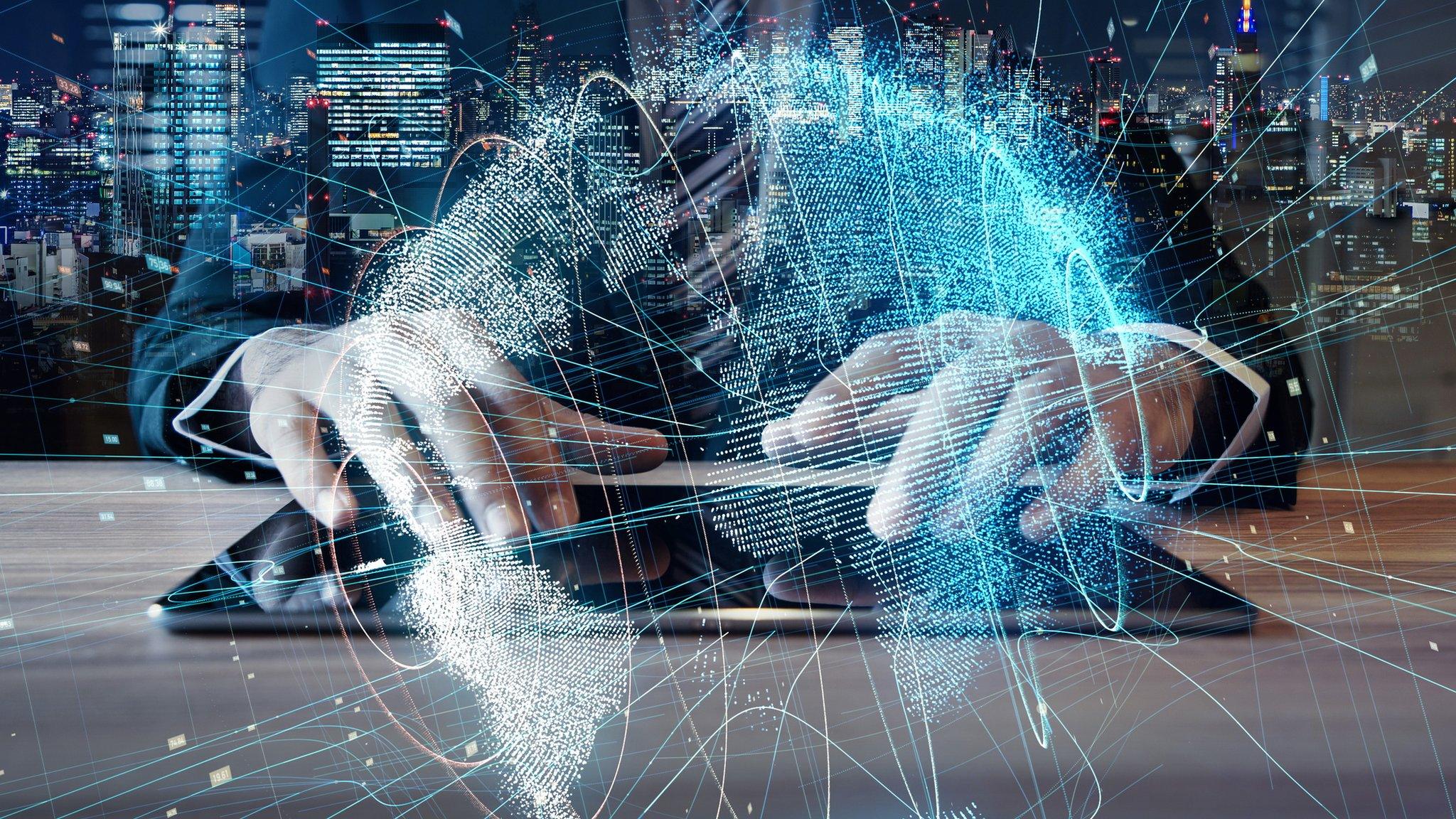Social Media: Should people be allowed to be anonymous online?
- Published
- comments
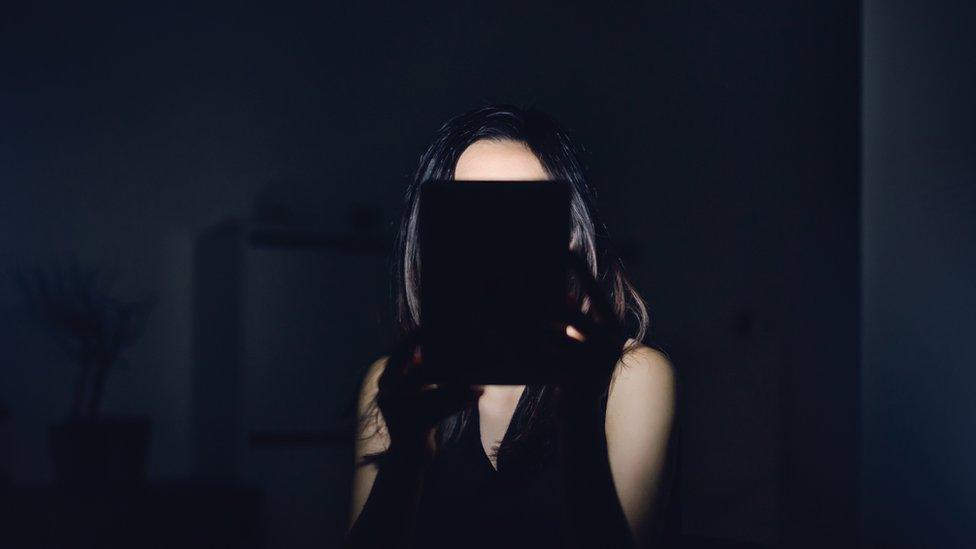
Have you ever thought about what it means to be anonymous online?
It's when someone has an online profile that hides their identity. They might use a made up name or a different display photo so that no one will know who is behind their posts and comments.
It's a big talking point at the moment after calls by the football community for social media companies to do more to tackle racism by anonymous accounts on their platforms.
People are suggesting social media platforms should make their users sign in with formal identification such as a driving licence or passport to make it easier for the police to identify people who commit hate crimes and also discourage people from posting abuse in the first place.
However, there are fears that this would be giving social media companies too much personal data and could also pose a threat to activists, whistleblowers (who are people that reveal information about bad things people or companies have done) and persecuted minorities who need to protect their identity online.
So what are the positives and negatives of being anonymous online? We've discussed the issues below.
Read both sides, have your say in our reaction slider and in the comments below.
The argument against online anonymity
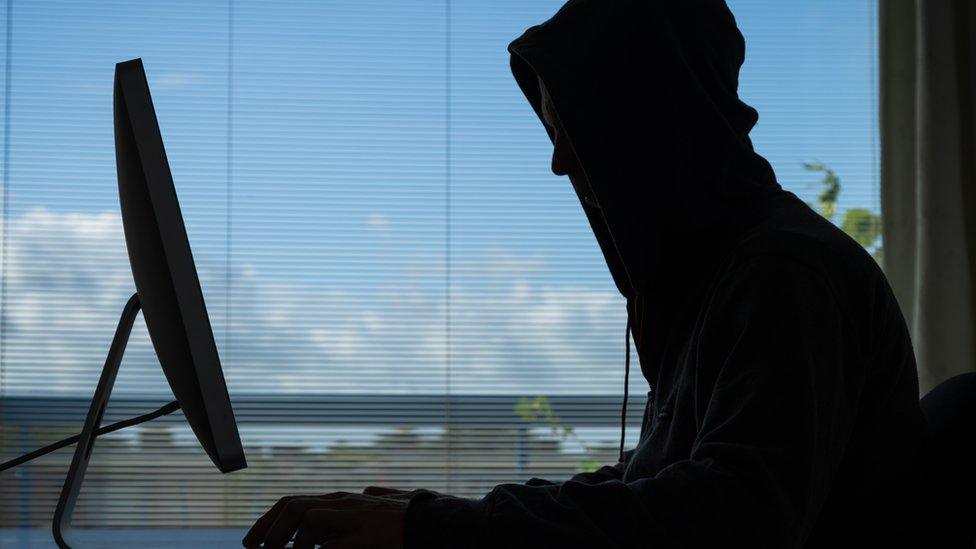
It's thought that anonymous profiles can contribute to the spread of misinformation or fake news, as well as cyberbullying, trolling and hate crime.
During the final six weeks of the 19//20 football season, a joint PFA and Signify study of online content identified more than 3,000 abusive messages aimed at Premier League players, 56% of which were racist. Of the players surveyed, 43% said they had experienced targeted racist abuse.
Many think the increasing online abuse is able to happen because users can hide behind anonymous profiles, which makes it harder to find out who did it.
The football community is calling on social media companies to make anonymous profiles a thing of the past and require users to sign in using formal identity documents.
In a letter to Twitter and Facebook, English football's authorities asked that: "All users should be subject to an improved verification process that (only if required by law enforcement) allows for accurate identification of the person behind the account. Steps should also be taken to stop a user that has sent abuse previously from re-registering an account".
It's believed that this will make it easier for police forces to find out who is committing hate crimes and discourage people from posting abuse too.
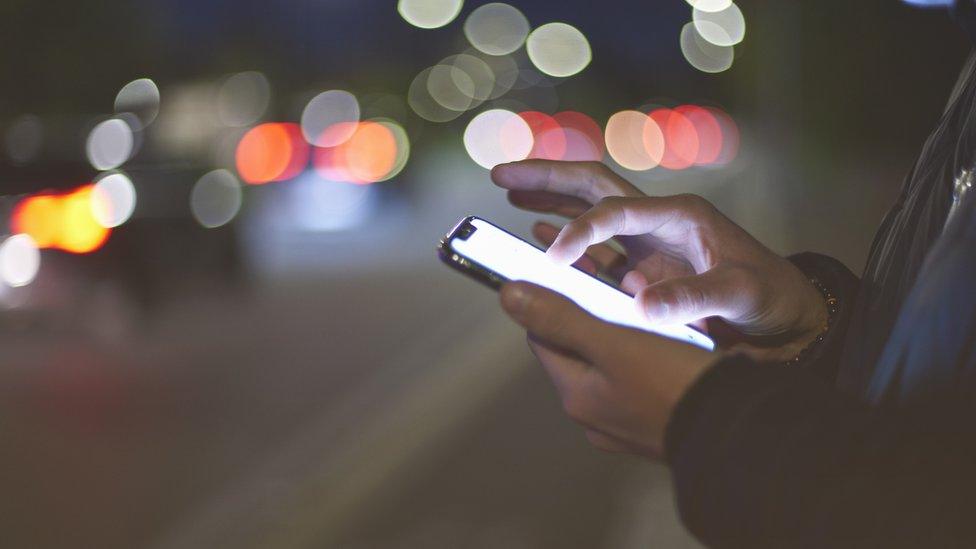
Newsround spoke to Labour MP Dame Margaret Hodge, who receives tens of thousands of abusive tweets a month.
She told us: "Sadly social media platforms have become a place where harmful abuse, racism and inciting violence is all too common. Many of those responsible use anonymous accounts, meaning they escape being held to account for the disgusting content they post online.
I want social media companies - like Facebook and Twitter - to be able to identify everybody who has an account and uses their platforms. That way, if somebody anonymously incites violence or harmful racist abuse then their identity can be passed on to either the police or the relevant authorities, and action can be taken if they have broken the law.
We would not accept this harmful anonymous abuse anywhere else in our lives; so social media should not be any different."
The argument for online anonymity
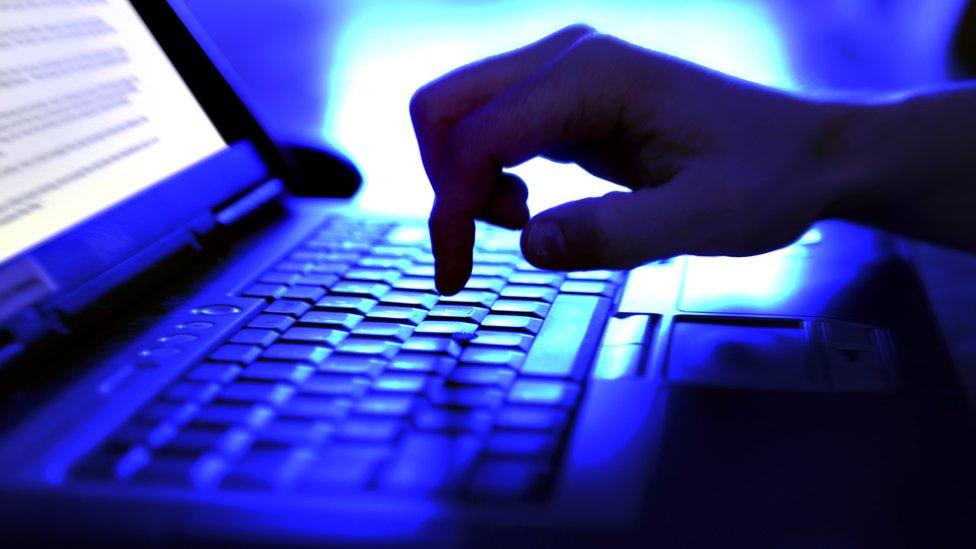
The debate about whether people should be allowed to be anonymous on the internet is not simple.
For some people, hiding their identity online can be a matter of safety. In countries like Russia and China, the government have controversially banned certain social media platforms and websites as well as 'anonymisers' and VPNs - which are tools that allow users to hide their identity and access sites blocked by government rules.
In 2013 Russia introduced a 'gay propaganda law' which the human rights charity, Amnesty International, says "is used to censor and punish content relevant to LGBTI people and LGBTI rights".
"In this environment of censorship and state-sponsored homophobia, online anonymity can be a lifeline. Anonymizing tools like VPNs could allow crucial access to impartial and accurate information, especially to LGBTI kids and teenagers, who may not be able to access it elsewhere. The internet is also a key means for seeking out community and support," the charity said.
They also said "that people everywhere should be able to encrypt their communications and personal data as an essential protection of their rights to privacy and free speech." That means, in short, that while people have a right to free speech, Amnesty fear that with so much communication happening online people are not able to actually talk freely because of restrictions and controls some government or groups use online.
"With online censorship and surveillance a growing threat to human rights, undermining [online anonymity] could threaten the ability of people around the world to freely communicate and use the internet, such as human rights activists who challenge the authorities, journalists who uncover corruption, and lawyers holding powerful governments to account."
Should online anonymity be protected?
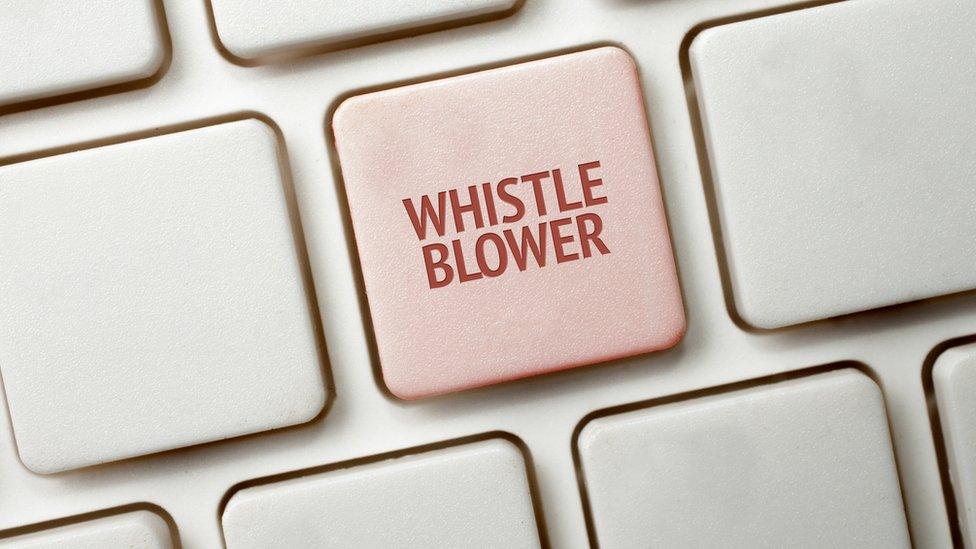
Newsround spoke to Georgina Halford-Hall CEO of WhistleblowersUK who said: "being able to speak up anonymously helps people to say out loud [their concerns or ideas], sometimes for the first time. This is often the first brave step toward them speaking out openly about their concerns and more importantly getting help and support themselves.
"In 1998 the UK became the first European country to recognise the rights of whistleblowers but limited it to people who are workers," explained Georgina Halford-Hall.
"Whistleblowers are people who do something to help protect others, and it may be that the bad stuff is happening to them too. We say that everyone doing the right thing must be protected and we are working with a group of politicians from across all party's called the All Party Parliamentary Group for Whistleblowing to develop laws for an Office of the Whistleblower that will protect every citizen."
Georgina Halford-Hall told Newsround that online anonymity should be protected and "being able to raise concerns anonymously is essential for the police and other services to get information that may help to stop crimes, catch people who are committing them and come to the aid of victims.
"Everyone can benefit [from online anonymity] because people who speak up are usually exposing something that is or might be affecting lots of other people.
"It can be the first time that an issue has come to light or it can help to corroborate what others have been saying and it can be a source of leads for a police investigation."
So, do you think people should be allowed to be anonymous online? Let us know in our reaction quiz and in the comments below.
If you cannot see the quiz, click here.
- Published9 February 2021
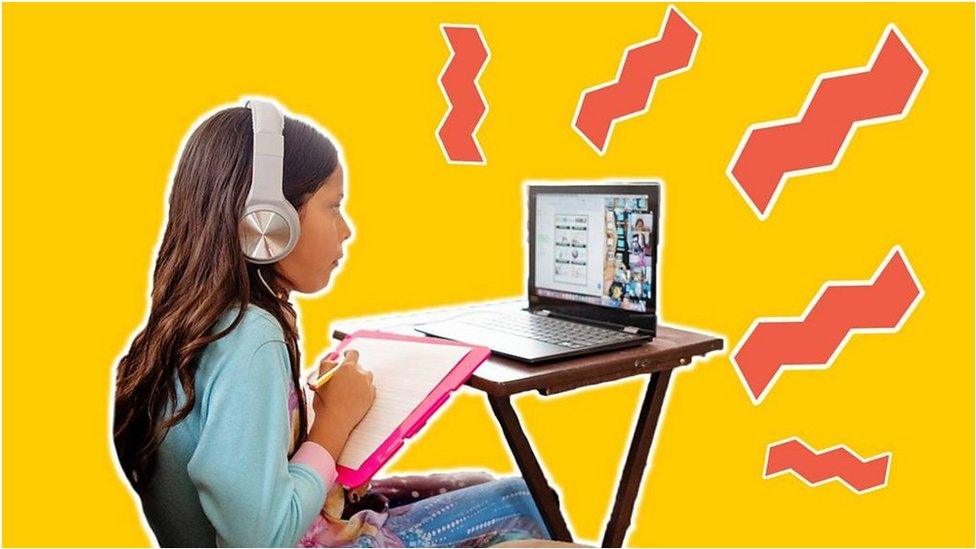
- Published9 February 2021
